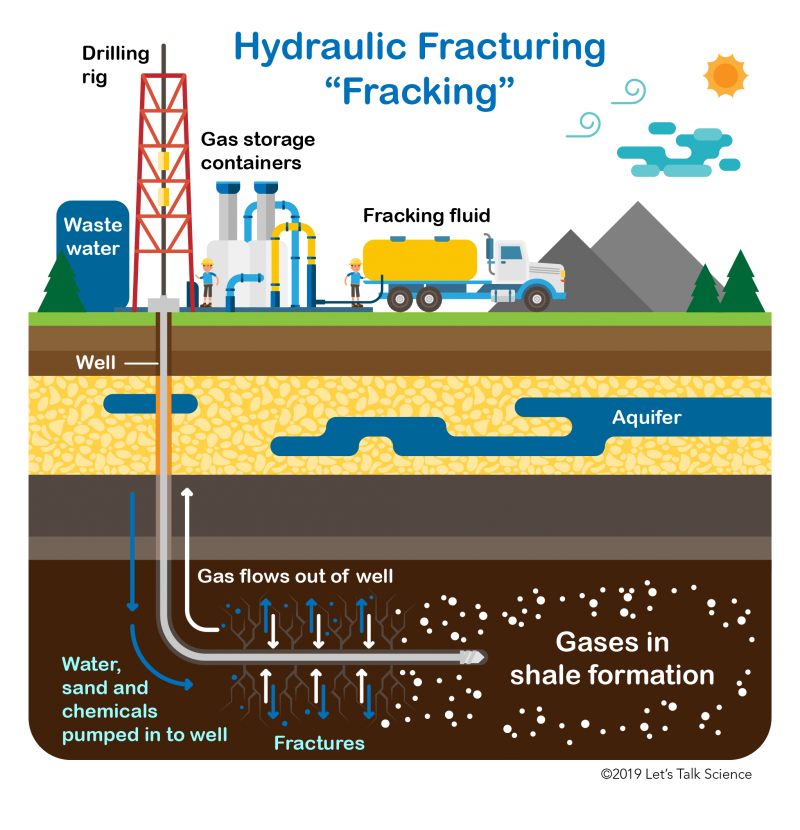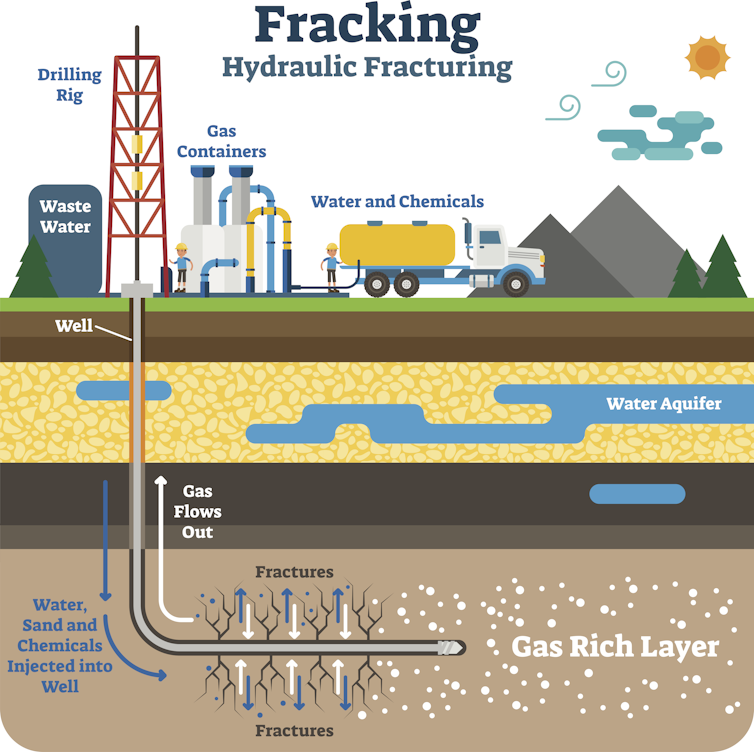Ocean acidification is a change in the properties of ocean water that can be harmful for plants and animals. Ocean acidification is a problem that impacts the ocean ecosystem as well as commercial industries like oyster farms.
 Pdf Effect Of Ocean Acidification On Cyanobacteria In The Subtropical North Atlantic
Pdf Effect Of Ocean Acidification On Cyanobacteria In The Subtropical North Atlantic
Were already seeing the effects as coral reefs collapse oyster beds disappear and tiny creatures that are important food sources get smaller and weaker.

Ocean acidification articles. The oceans have become 30 percent more acidic because of the carbon pollution were pumping into the atmosphere. However quantitative predictions of reef futures under OA are confounded by mixed responses of corals to. This study investigated three aspects of ocean acidification.
The Ocean Is Acidifying The ocean absorbs about 30 percent of the CO2 emitted from human activites. Ocean acidification is largely the result of loading Earths atmosphere with large quantities of CO 2 produced by vehicles and. As the oceans absorb anthropogenic CO 2 they become more acidic a problem termed ocean acidification OA.
Implicating human activities such as burning fossil fuels the plan said that ocean acidification is driven by the growing amount of anthropogenic carbon dioxide absorbed and dissolved in the. I the rates at which perforate and imperforate coral-colony skeletons passively dissolve when pH is 78 which is predicted to occur globally by 2100 ii the rates of passive dissolution of corals with respect to coral-colony surface areas and iii the comparative rates of a vertical reef-growth model incorporating passive dissolution rates. Clams mussels crabs corals and other sea life rely on carbonate ions to grow their shells and thrive.
To give you an idea of how much that is in 2013 countries emitted nearly 40 billion tons of carbon. As humans extract and burn fossil fuels. Saba is an assistant professor of marine ecology at Rutgers University where she is studying how fish clams and other creatures are reacting to rising levels of ocean acidity.
Ocean acidification commonly defined as an ongoing fall in pH of seawater poses a threat to marine organisms ecosystems and human societies that depend upon them. Sign our petition to help protect ocean life from ocean acidification. As the volume of atmospheric CO2 grows the ocean collects its proportionate share.
The oceans acidified because the meteorite impact vaporised rocks containing sulphates and carbonates causing sulphuric acid and carbonic acid. Ocean acidification OA threatens coral reef futures by reducing the concentration of carbonate ions that corals need to construct their skeletons. Ocean waves off the coast of New Zealand.
Ocean acidification results from an increased concentration of hydrogen ions and a reduction in carbonate ions due to the absorption of increased amounts of CO 2. In the temperate northeast Pacific fisheries play key economic and cultural roles and provide significant employment especially in rural areas. Since this increase in CO 2 is occurring rapidly OA may have profound implications for marine ecosystems.
This topic can be taught in conjunction with lessons about food webs and ecosystems the environmental impacts of climate change and CO 2 emissions and chemistry lessons concerning real-life applications. Scientists have observed that the ocean is becoming more acidic as its water absorbs carbon dioxide from the atmosphere. Ocean acidification the worldwide reduction in the pH of seawater as a consequence of the absorption of large amounts of carbon dioxide CO 2 by the oceans.
This Summary for Policymakers offers a review of the latest science relating to regional ocean acidifi cation the biological responses to it an overview of the case studies and their associated findings and recommendations. Ocean acidification is the name given to the ongoing decrease in the pH of the Earths oceans caused by their uptake of anthropogenic carbon dioxide from the atmosphere. The global threats from carbon dioxide CO 2 accumulating in the worlds oceans and driving ongoing ocean acidification are becoming increasingly evident.
Students can explore data including real-time information about carbon dioxide levels in. 14 Mar 2017 by Andrew Hudson Head of Water and Ocean Governance Programme UNDP The recipe for reversing ocean acidification is transitioning to an energy efficient model that relies primarily on renewable sources of energy. Ocean acidification refers to a reduction in the pH of the ocean over an extended period of time caused primarily by uptake of carbon dioxide CO 2 from the atmosphere.









